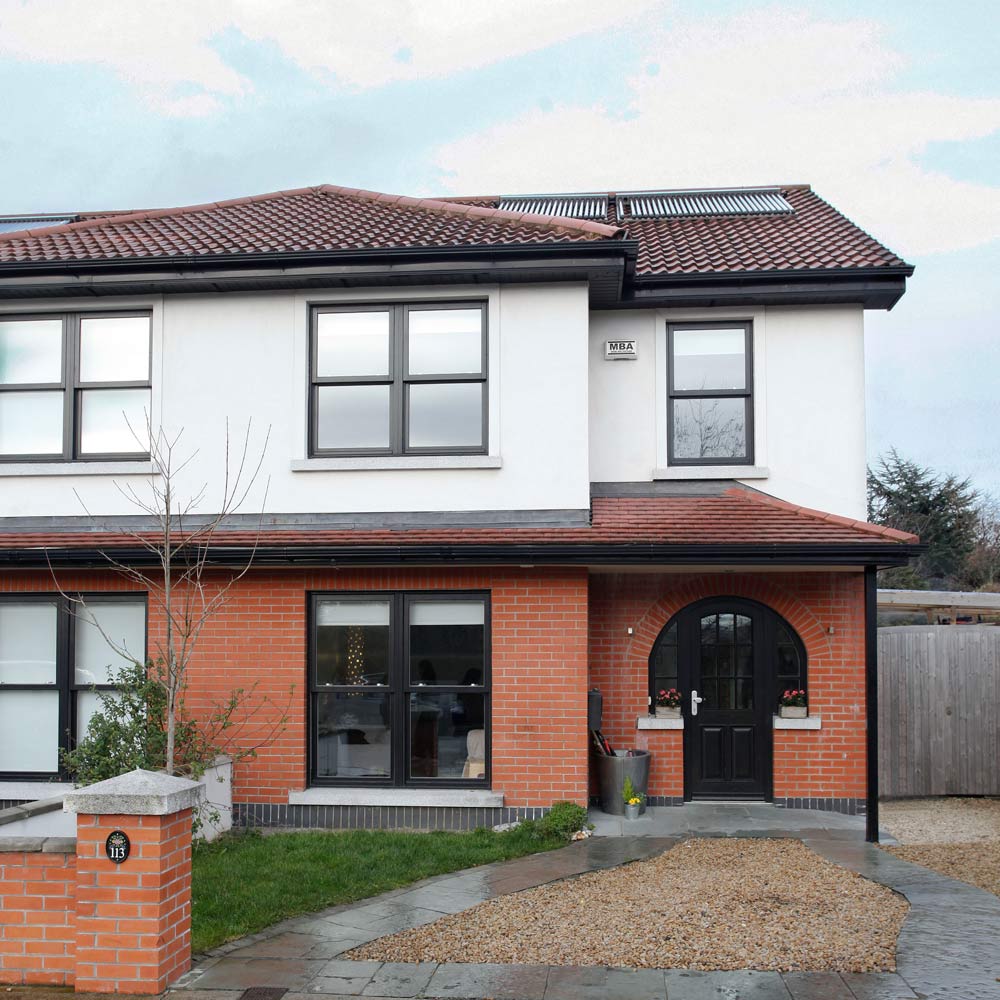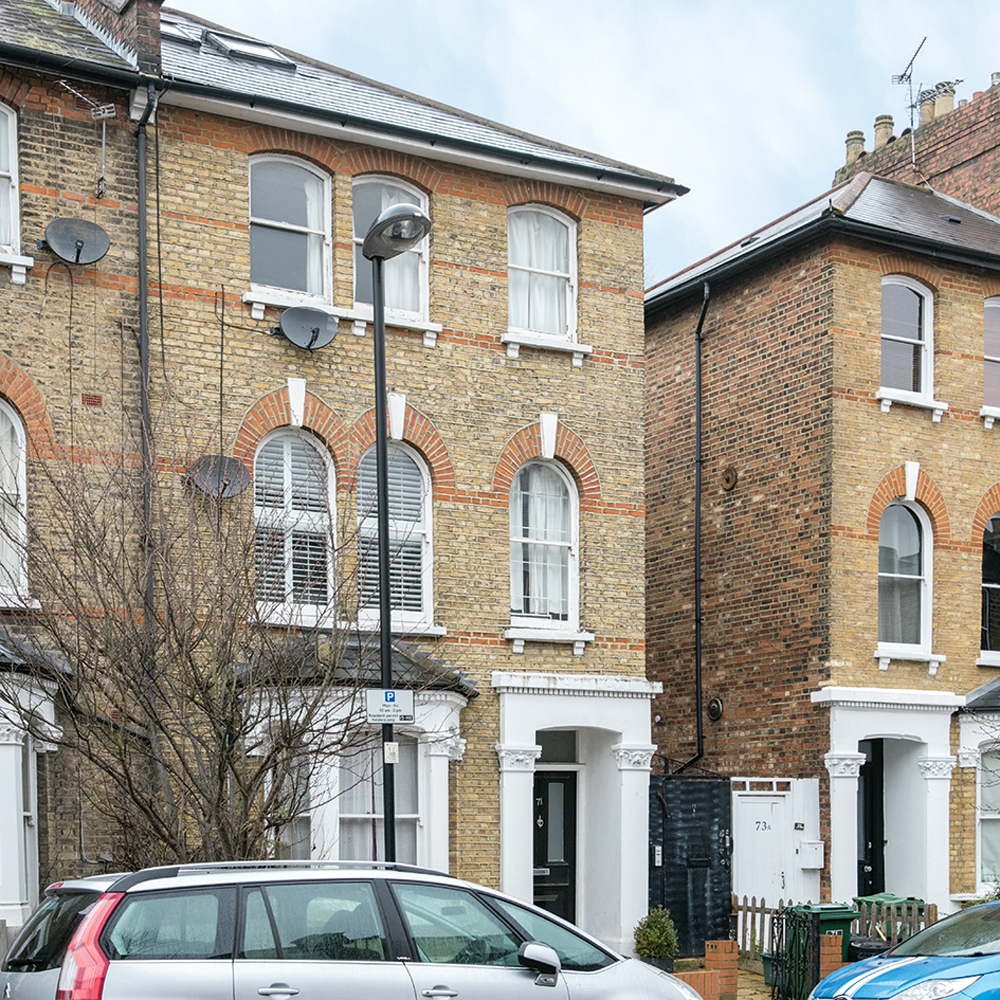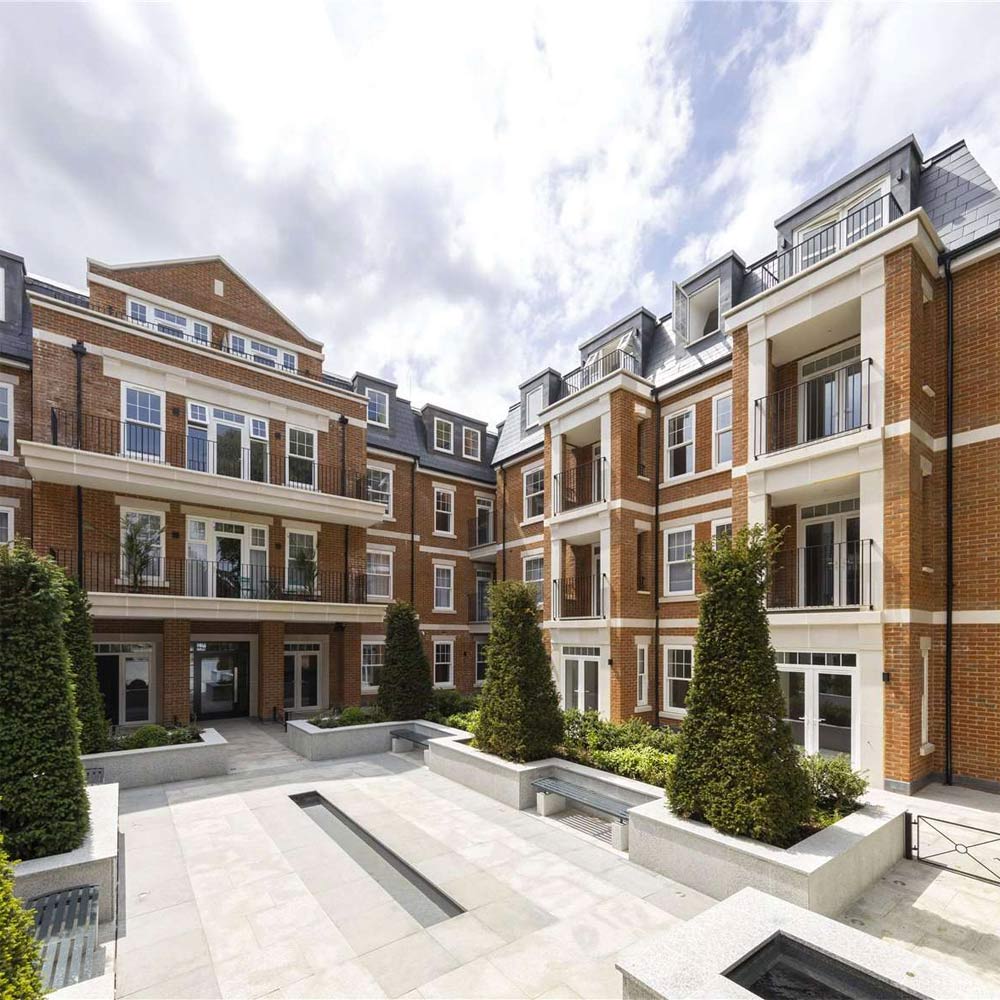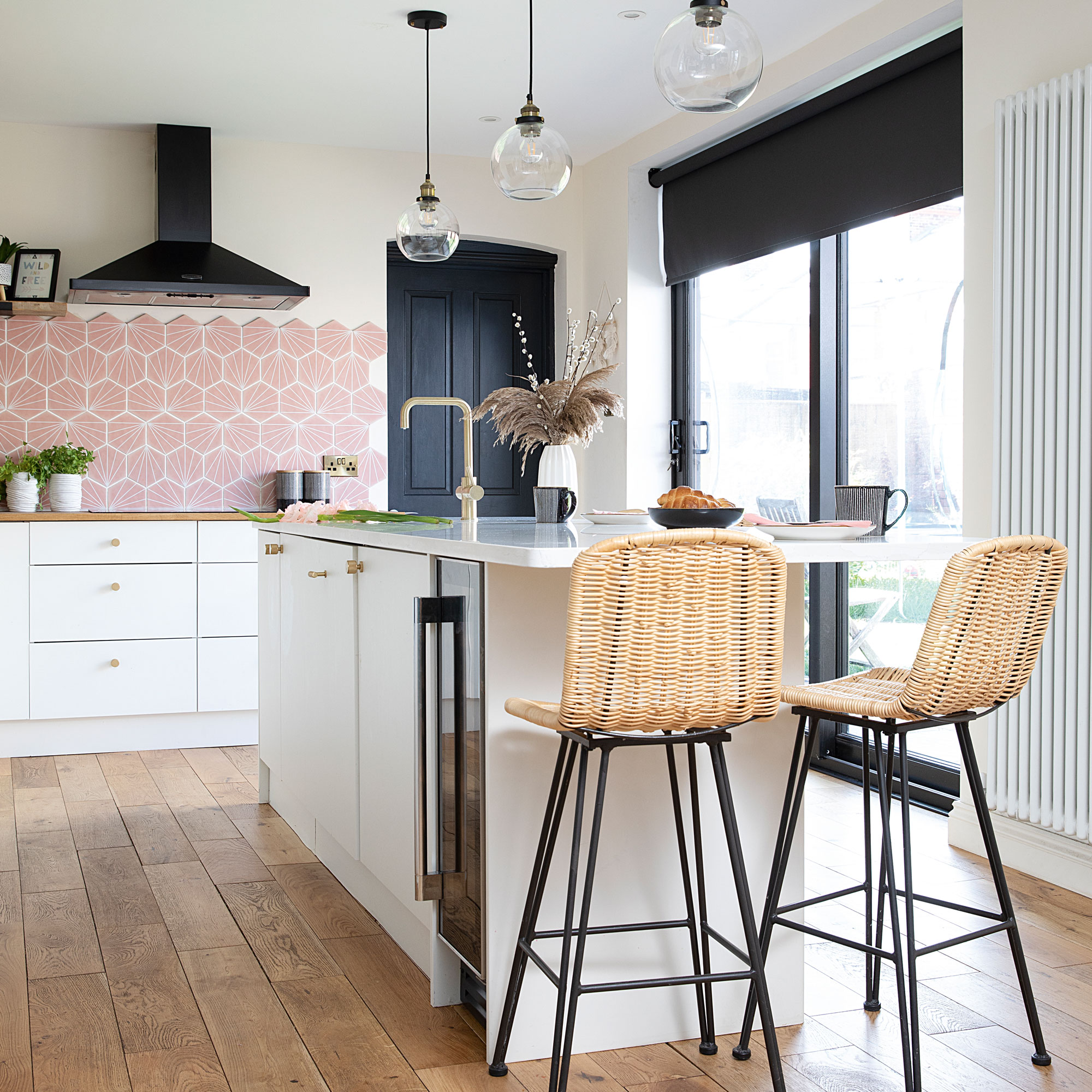95% Mortgage: how does it help get onto the property ladder?
Only have a 5% deposit of a property purchase price? A 95% mortgage (LTV) could be the answer: here are the pros and cons
A 95% mortgage is a home loan for someone who has a deposit worth only 5% of the purchase price. This makes them popular with first-time buyers, who may not be able to save up a more substantial sum.
For most people, buying a house is the most expensive purchase they’ll ever make. Saving for a deposit is often the biggest barrier, which is why some borrowers rely on a 95% mortgage to get on the property ladder.
If, for example, you’re buying a home that costs £200,000 using a 95% Loan-to-value (LTV) best rate mortgage and a 5% deposit. So, you’d need to save £10,000 and take out a mortgage for £190,000.

A 95% Mortgage explained
The good news is the market for these deals has become more competitive in recent times. Hundreds of new 95% mortgage deals were launched after lenders withdrew them from the shelves during the pandemic.
That has driven down the cost of the average two-year fixed rate from more than 4% a year ago to 2.79% now, according to the Bank of England.
Who is eligible?
Although 95% mortgages are often referred to as first-time buyer mortgages, you don’t have to be buying your first home to apply.
You need to have at least a 5% deposit saved and extra money for your solicitor fees, a valuation report, mortgage broker costs and stamp duty unless you’re exempt.
Get the Ideal Home Newsletter
Sign up to our newsletter for style and decor inspiration, house makeovers, project advice and more.
To qualify for a 5% deposit mortgage you may also be subject to stricter income requirements.
For example, if you have a 20% deposit, your mortgage lender might offer you a loan that is five times the value of your earnings. But if you have a 5% deposit, you may be offered a loan that’s four times your earnings instead.
To qualify, you’ll also need to have a top-notch credit score.
What are 95% Mortgage risks?
Banks and building societies apply tougher rules when lending at 95% because you’re seen as a riskier bet than someone who has a larger deposit.
Andrew Montlake, managing director of mortgage broker Coreco, explains: ‘House prices can fluctuate over time. If they fall, those borrowers who bought a home with just a 5% deposit could find that the amount they owe on their mortgage is now greater than the value of their home, also known as negative equity.'
'If you fall into arrears with your mortgage payment and your lender eventually repossesses your home – when it’s sold there might not be enough money to repay your debt leaving the lender out of pocket until you can pay it back.’

How to be accepted for a 95% mortgage
Here is a list of actions you can take to improve your chance of qualifying.
- Clear debt: Avoid taking out large financial commitments such as a car loan ahead of your mortgage application. Try and clear any outstanding loans or credit card balances before you apply to boost the amount you’re offered.
- Pay bills on time: Prove you’re reliable and financially independent. Set up direct debits for your phone and utility bills and any credit cards you have. Missed payments will drag down your credit score.
- Start a regular savings habit: If your lender sees a standing order for savings leave your account each month it will not only show the bank where your deposit has come from but it will demonstrate you have spare money which can be put towards paying your mortgage. It will also help prove you’re disciplined and organised with your money.
- Check and improve your credit score: Start by ordering a copy of your credit report from agencies such as Experian and Equifax to find out what your score is. To improve your credit score, register on the electoral roll. If you don’t have any credit, take out a credit card and use it for your weekly food shop or petrol and pay it off immediately.
- Save for a larger deposit: Not everyone will qualify for a 95% mortgage. If you don’t, it’s not the end of the world. By saving for a 10% or 15% deposit, you will unlock cheaper mortgage rates. The average two-year fixed rate for an 85% mortgage is 1.65%. Borrowers who have put down a bigger deposit also have a greater chance of protecting themselves from falling into negative equity.
Which 95% mortgage is right for you?

‘There are now a whole host of interesting ways to borrow with just a 5% deposit,’ says Montlake.
‘This choice can be bewildering though, with different rates, costs and long-term implications attached to each deal. Seeking advice from a mortgage broker is recommended.’
1. Help To Buy
The Help to Buy scheme allows first-time buyers to put down a 5% deposit to buy a new-build home. Borrowers can take out an equity loan from the government for up to 20% of the purchase price interest-free for the first five years (40% in London) and apply for a 75% mortgage.
An equity loan means when you pay it back, its value will be 20% of the value of your home at that time.
2. Guarantor mortgages
By asking family members or friends to join you on the mortgage, their earnings will boost the amount you can borrow.
But they will be jointly liable for the debt. Also, their age could restrict how long you take the mortgage out for. It may also cause inheritance tax issues for them, so seek professional advice first.
Some lenders will allow someone to join you on the mortgage. However, their name is not added to the title deeds of the property, so you remain the sole owner. Metro Bank and Barclays offer this option.
3. Family mortgages
With these deals, family members or friends deposit savings with the mortgage lender for up to five years. In turn, the lender offers the first-time buyer a 100% mortgage. No deposit is required because the family’s savings are locked away for a fixed period.
Barclays, Halifax and Lloyds Bank and the most well-known lenders offering these deals.
Samantha Partington is a personal finance journalist specialising in mortgages and the property market.
Over the past nine years, Samantha has worked for the Daily Mail, trade website Mortgage Solutions and business title Property Week. She regularly writes for national money pages including Money Mail and Sun Money and supports prop tech firms with content writing.
-
 Will a conservatory add value to your home and how can you maximise it?
Will a conservatory add value to your home and how can you maximise it?This is what the pros say
By Amy Reeves
-
 I’ve been looking for a new signature scent for my home and The White Company's new fragrance is the exact summer holiday smell I needed
I’ve been looking for a new signature scent for my home and The White Company's new fragrance is the exact summer holiday smell I neededSantorini smells fresh, summery and sophisticated
By Kezia Reynolds
-
 How to remove algae from garden walls in five steps – and the cleaning product experts rave about for tackling it fast
How to remove algae from garden walls in five steps – and the cleaning product experts rave about for tackling it fastExperts share their top tips for getting garden walls algae-free
By Katie Sims
